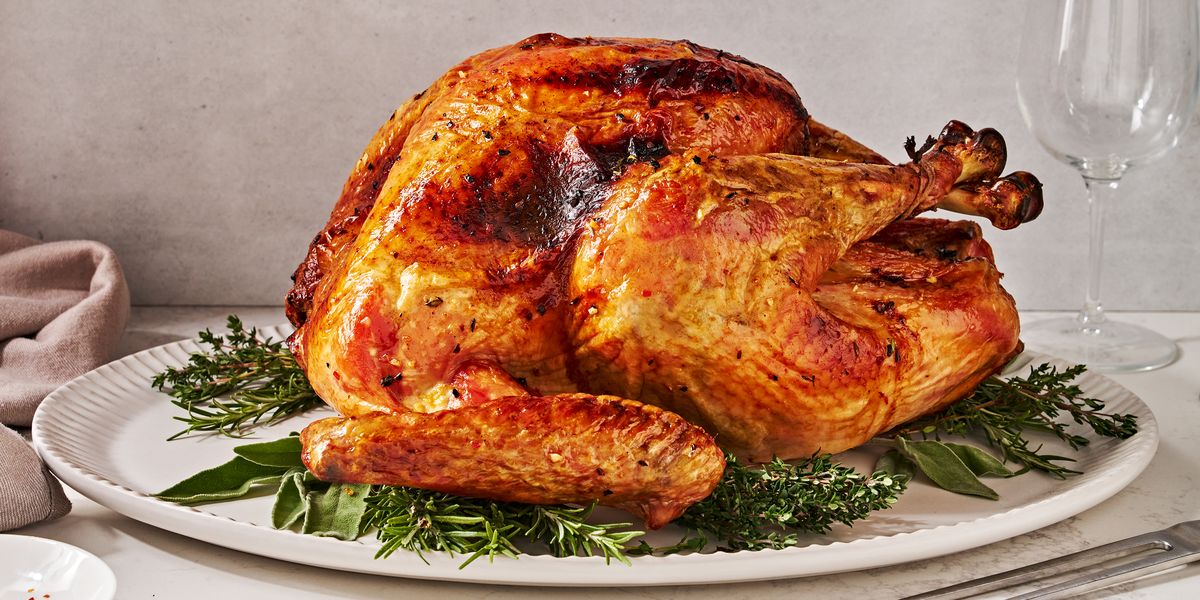
Celebrating
Thanksgiving is a marathon. Even if you’re not participating in an annual Turkey Trot, the holiday can get exhausting. From preparing all of the sides to roasting the turkey to hosting your friends and family, it’s no wonder that most of us end the holiday with a well-deserved nap.
You’ve probably heard people blame Thanksgiving fatigue on turkey. The bird has long had the reputation of making you sleepy, with people citing the amino acid tryptophan as the reason. But is it that simple? We’re here to break down everything you need to know about the sleep-inducing ingredient. We consulted Rosemary Trout, DHSc, a food scientist and professor at Drexel University, to separate fact from fiction when it comes to your post-Thanksgiving nap.
What Is Tryptophan?
Tryptophan is one of the nine essential amino acids that your body needs to build proteins. There are 20 different amino acids that work together to form proteins, but essential amino acids like tryptophan can only come from the food we eat. “We need to get it in our diet because our bodies don’t synthesize it,” says Trout.
The way tryptophan works in the body can vary based on the proteins it makes. Trout compares the function of amino acids to that of letters when making words: “Amino acids link together in a special peptide bond to build proteins in our bodies.”
As a molecule, tryptophan serves as the precursor for vitamins like niacin and for different hormones. Most notably, tryptophan is a component of both serotonin and melatonin, and both play a role in helping us sleep. This connection is what fuels most of the arguments for turkey’s nap-inducing ability.
Why Do We Feel Sleepy After Eating Thanksgiving Dinner?
Yes, turkey has tryptophan. Yes, tryptophan indirectly has a role in making you feel sleepy. But that doesn’t mean turkey is the primary culprit when you hit a post-Thanksgiving slump. The real reason is much more complicated.
According to Oklahoma State University, you can find about one quarter of a gram of tryptophan in every 100 grams of turkey. The concentration of the amino acid isn’t much higher than it is with other types of poultry. Trout says you can also find large amounts of tryptophan in plenty of other foods, like milk, nuts and cheese.
So if you’re enjoying your turkey with a side of creamy mashed potatoes, mac and cheese, or a slice of pecan pie, you’re getting a hearty dose of tryptophan from many different sources.
Even still, the amino acid isn’t the only reason why you’re tired after eating your Thanksgiving meal. A major factor is simply how much food you’re eating. The Calorie Control Council estimates that the average American consumes around 3,000 calories during their Thanksgiving meal. The combination of turkey, several sides, and dessert is what ultimately puts you into a food coma.
“When you have a large intake of food at one time, lots of energy is diverted to the gastrointestinal tract to aid in digesting all of those calories, which may lower energy for other things and make you sleepy,” Trout says.
And if you want to get granular, there’s another thing that could play a larger role in your sleepiness: simple carbohydrates. These sugar molecules appear in just about every Thanksgiving side, like stuffing, mashed potatoes, cranberry sauce, and bread. And unlike proteins, when simple carbohydrates are digested they provide short spikes of energy followed by quick crashes.
“When you consume high amounts of simple carbohydrates…your blood glucose levels rise quickly, triggering an insulin response which can also make you sleepy,” Trout says.
So don’t let the turkey take all of the blame for your Thanksgiving sleepiness. Whether you’re cooking the holiday meal, hosting a family gathering, or just taking it easy, you should still embrace the Turkey Day nap—you deserve it.

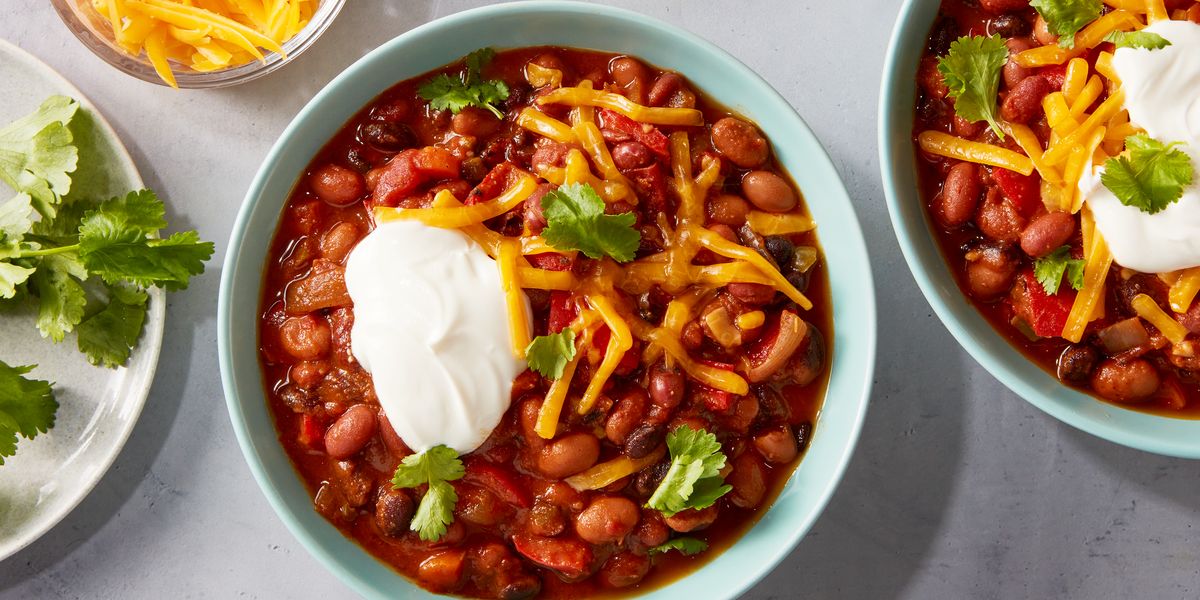
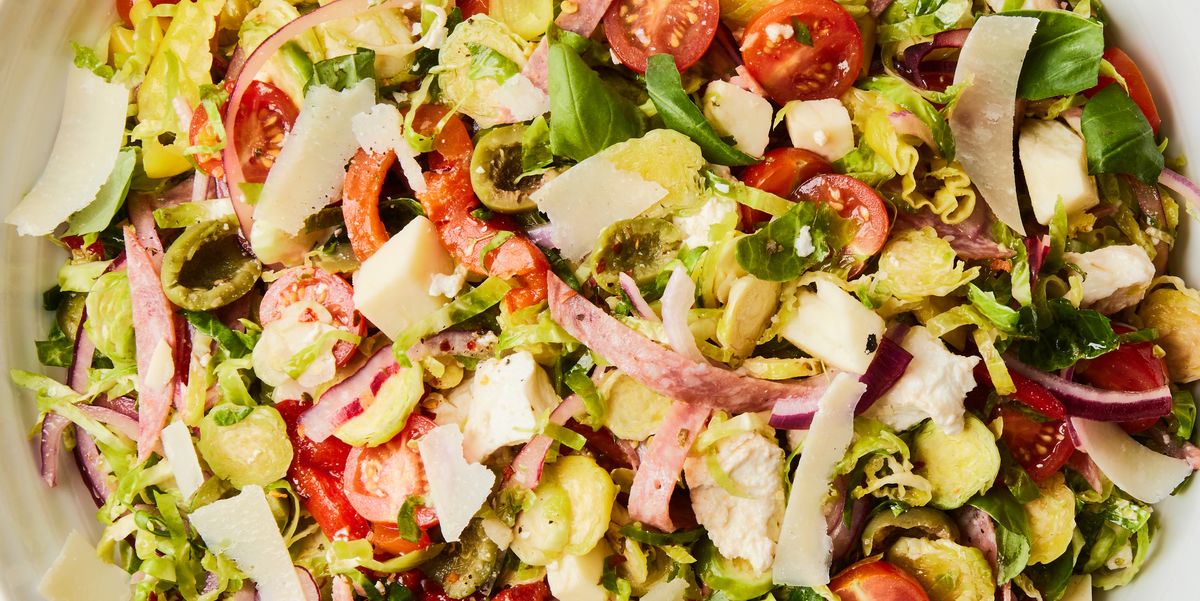
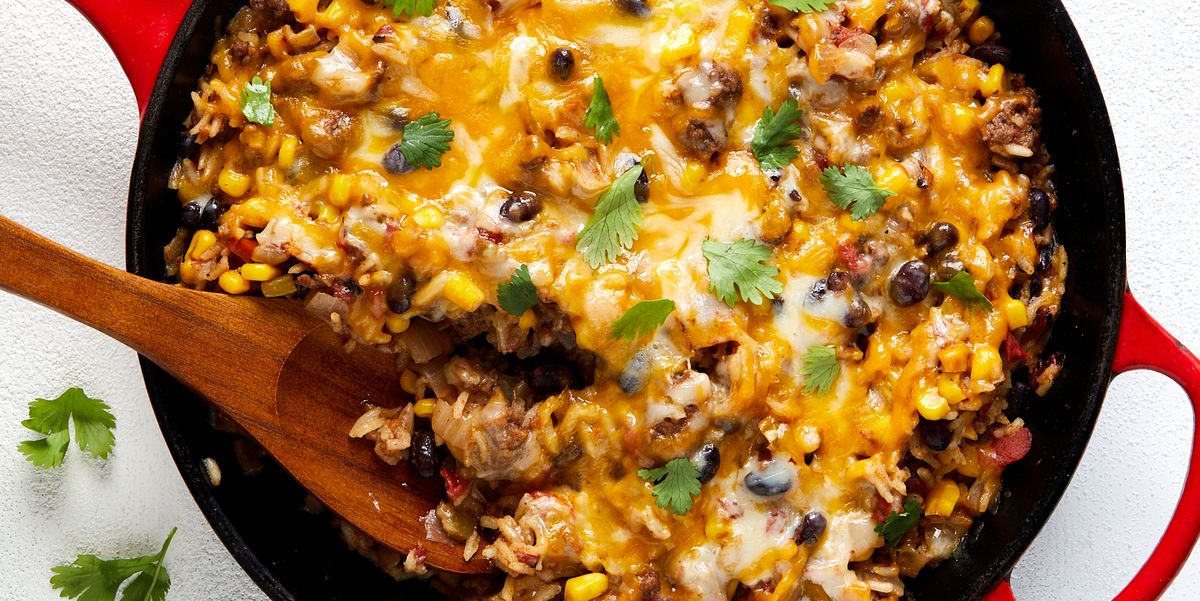
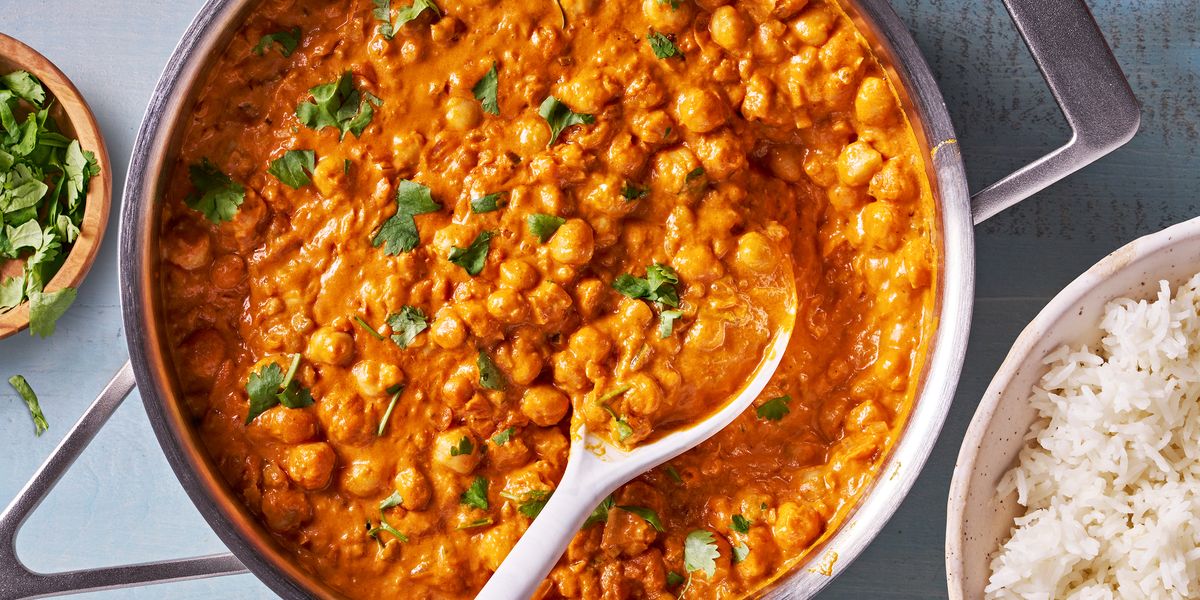
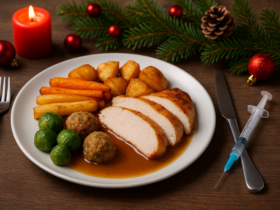






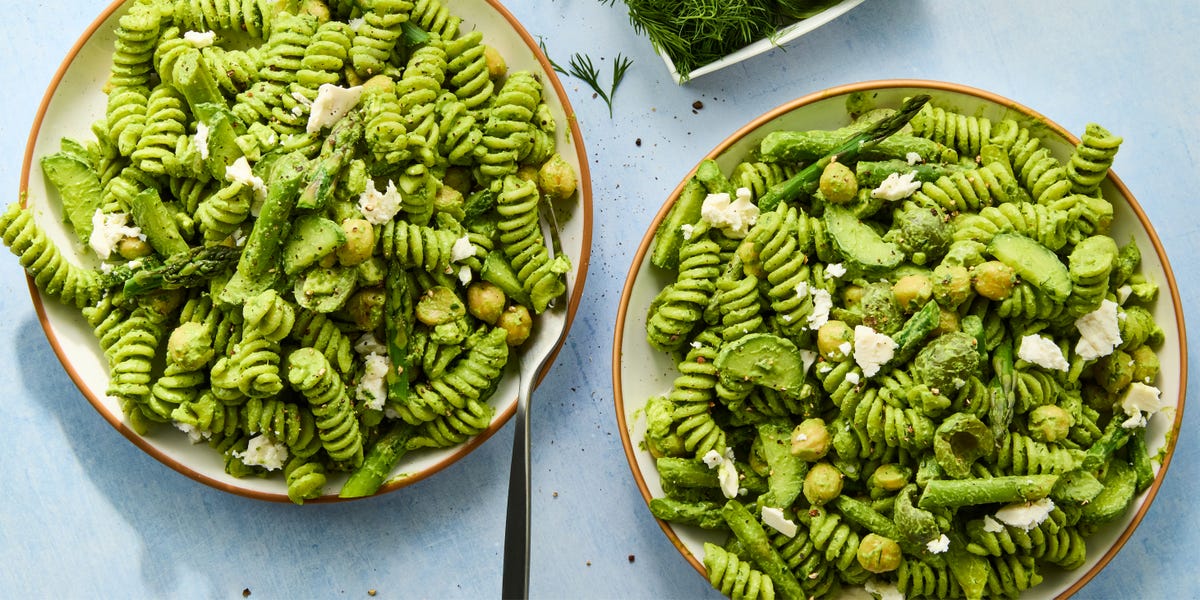
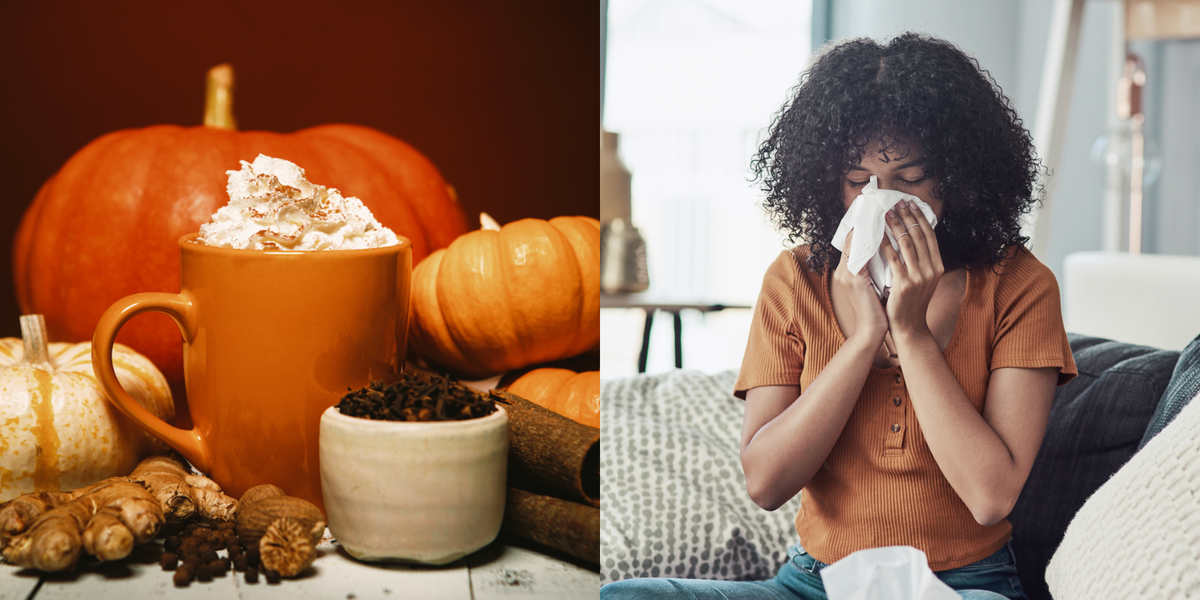
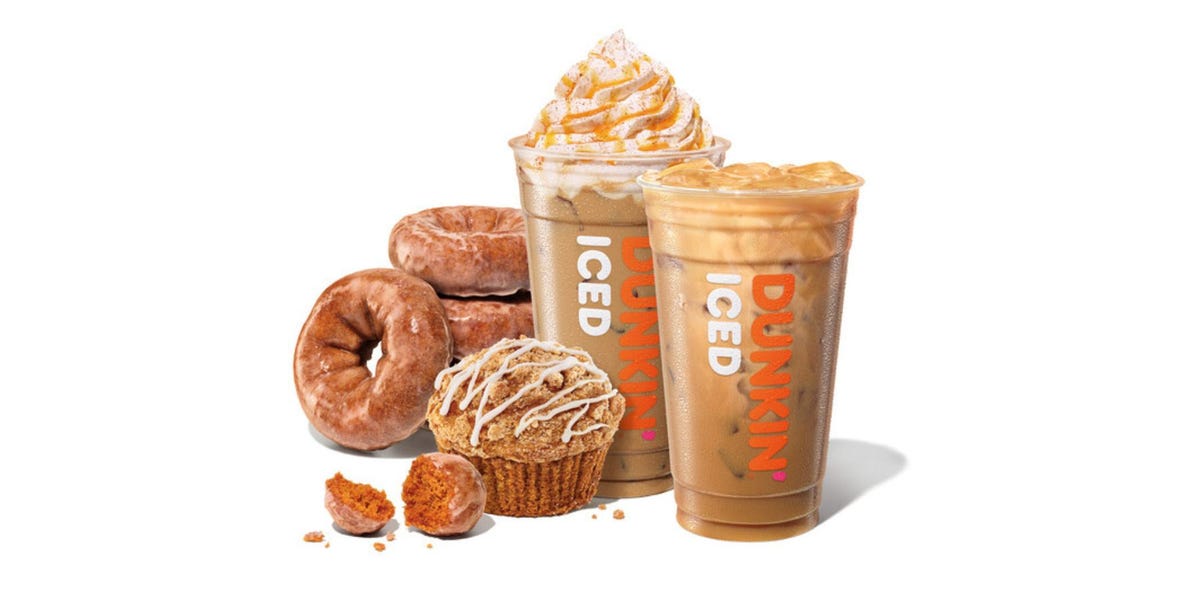
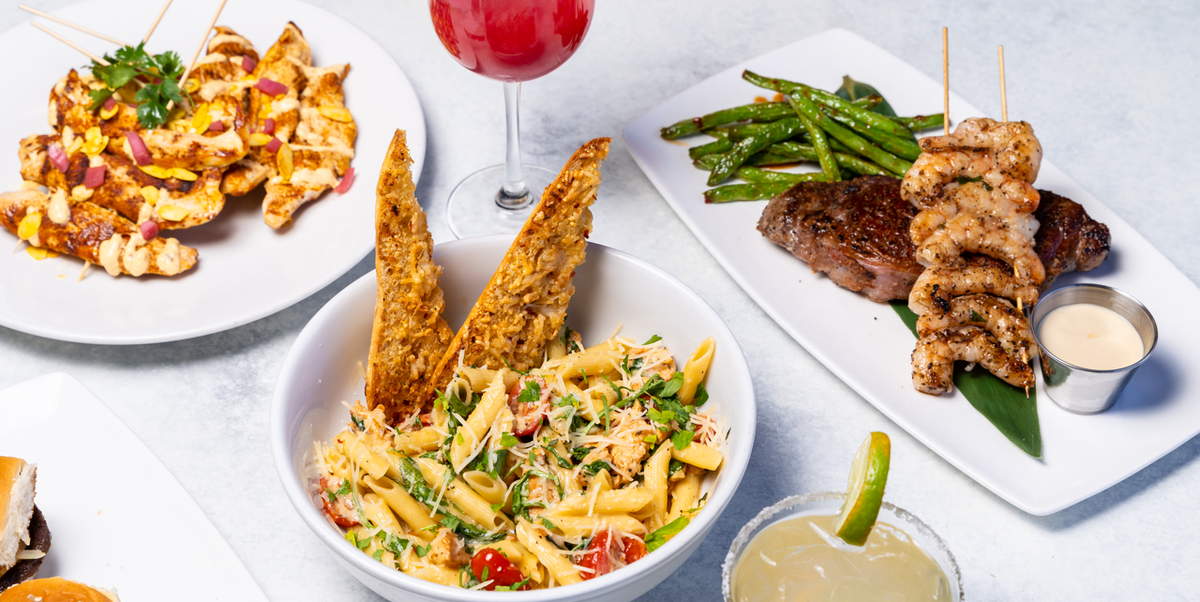
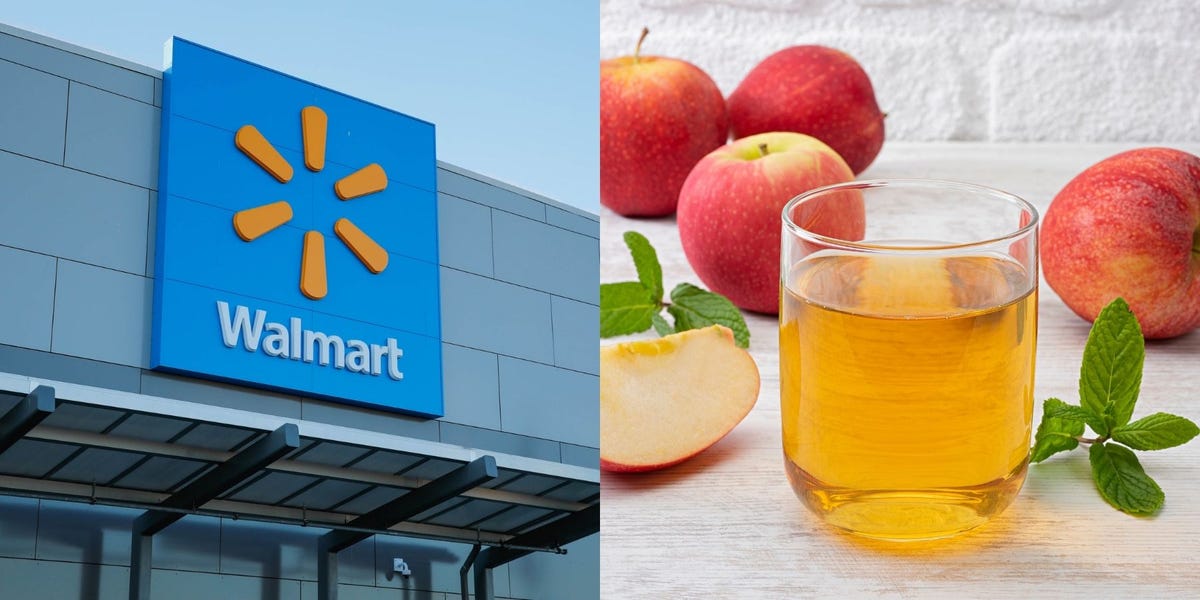

Leave a Reply